
Pharmacists are essential health care team members who can be empowered to help initiate fixed-dose combinations, according to an expert panel at the American College of Cardiology 2023 Scientific Session.

Pharmacists are essential health care team members who can be empowered to help initiate fixed-dose combinations, according to an expert panel at the American College of Cardiology 2023 Scientific Session.

Bempedoic acid is indicated as an adjunct to diet and maximally tolerated statin therapy for adults with heterozygous familial hypercholesterolemia or established atherosclerotic cardiovascular disease who require additional lowering of low-density lipoprotein-cholesterol.

Clinical guidelines suggest screening for cardiovascular risk factors post-partum in women, however, these recommendations are not closely followed, a new study suggests.
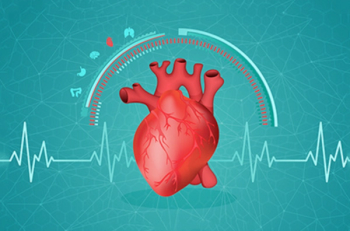
Increasing interventions for affordable housing and food security could contribute to reduced rates of heart disease in lower income communities.

Patients with heart failure are at a significant risk of cardiorenal diseases, highlighting the need for improved treatments and cost management.
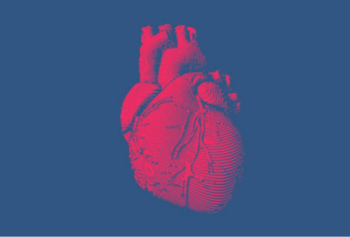
Multiple adverse outcomes were associated with an even higher risk of heart disease.
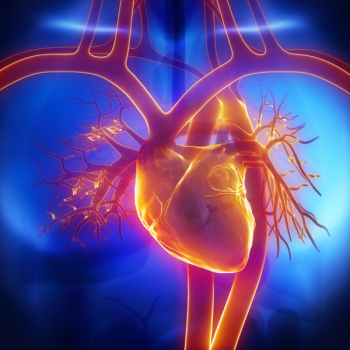
Patients with sepsis were 27% more likely to die, 38% more likely to be rehospitalized for any cause, and 43% more likely to return to the hospital specifically for cardiovascular causes.
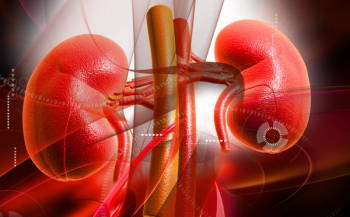
The knowledge of clinical pharmacists can help protect kidney function and prevent the development of acute kidney injury in ICU patients.

Peripheral artery disease is more common in Black patients than any other racial or ethnic group, but its potential association with negative social determinants of health is not known.

Researchers found a 27% heightened risk of cardiovascular disease for individuals with celiac disease compared with those who didn’t have the condition.
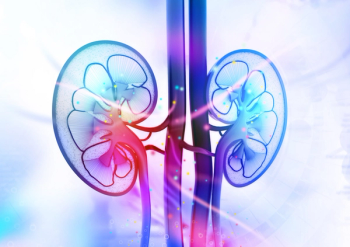
In a phase 3 trial, empagliflozin significantly reduced the risk of kidney disease progression or cardiovascular death in adults with chronic kidney disease by 28% compared with placebo.

New findings reveal the previously misunderstood mechanism by which PCSK9 degrades the low-density lipoprotein receptor.
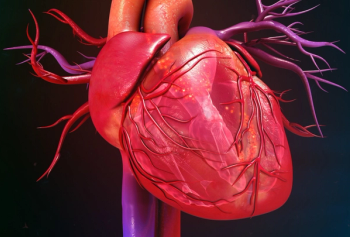
Study results shows that the use of a point-of-care tool and timely after care were essential to lowering the risk of hospitalization from cardiovascular disease within 30 days after acute HF.
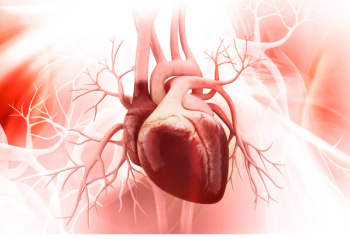
If patients attend their discharge appointments at pharmacist-led heart failure transition of care clinics, they are less likely to be readmitted to the hospital within 30 days.
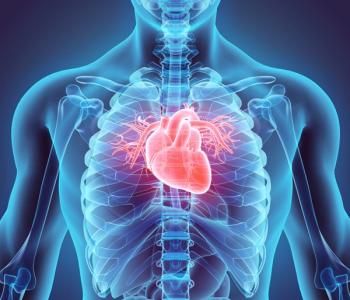
With the release of the 2022 AHA/ACC Guidelines for the Management of Heart Failure, patients with HFpEF now have a wider range of treatment options.

Approximately half of patients with heart failure do not require an implantable monitoring device or do not qualify for thoracic monitoring.

A prespecified analysis of the DELIVER trial found the SGLT2 inhibitor dapagliflozin to benefit patients in a patient population previously excluded from heart failure outcomes trials.

Pharmacists need to ensure anticoagulants are held appropriately before and after surgery to prevent complications from for CIED infections.

The protein, called suPAR, has long been known to be a biomarker for poor outcomes and disease progression in both kidney disease and cardiovascular disease.

The American Heart Association said that yoga, tai-chi, and certain alternative medicines may be beneficial for heart failure, whereas other products may be harmful.

Study finds men are more likely to be prescribed statins and women are more likely to be advised to make lifestyle changes to lessen the risk of cardiovascular disease.

Nearly half of the study population received a first-time hypertension diagnosis post hospitalization, with approximately half of these new cases occurring more than 6 weeks postpartum.

Study does not show a statistically significant association for specific cardiovascular outcomes related to cardiac arrest or arrhythmias, cerebrovascular diseases, or myocardial infarction associated with medications for attention-deficit hyperactivity disorder.
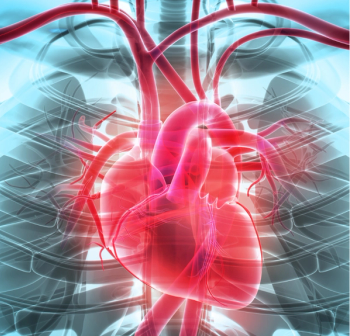
Patients with difficult-to-control hypertension have greater risk of heart attack, stroke, end-stage renal disease, and heart failure.

Dapagliflozin is the first SGLT2 inhibitor approved by the FDA for treatment of patients with heart failure (NYHA class II-IV) with reduced ejection fraction.